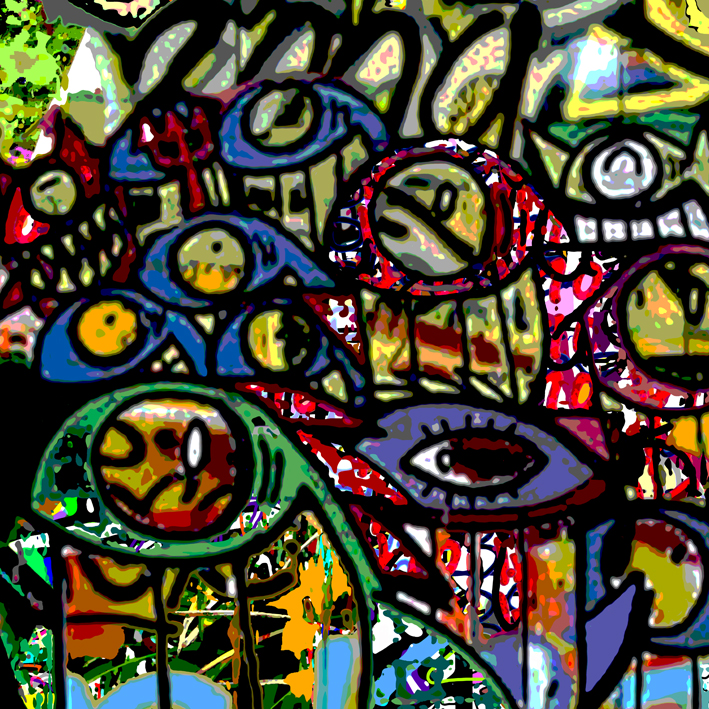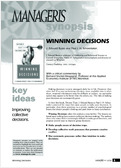Use collective common sense to make more accurate forecasts

The “wisdom of crowds” turns out to be infinitely more reliable than individual common sense, and even than expert predictions. How to gather and capitalize on employees’ collective perception of the company's challenges?
Business leaders today struggle to obtain the forecasts they need to make reliable decisions, for two principle reasons. First, the flood of information available today makes it increasingly difficult to sift out the relevant facts. Second, our forecasting models are inherently limited. Leading experts were unable to predict the subprime financial crisis or the Arab Spring uprisings, for example. Indeed, traditional forecasting models have proven ineffective in recurrent systemic crisis environments.
Since the forecasters have let us down, are we reduced to relying on simple common sense? At the same time, many studies have demonstrated the limits of intuitive judgment in complex or radically new situations. Indeed, individuals are notoriously subject to bias when making decisions in isolation, and must therefore be very careful before attempting to do so. On the other hand, many studies in a wide variety of domains—sports, politics, economics and business—show that collective common sense can be surprisingly accurate.
Thus, for the past ten years, certain companies have been extremely satisfied with a new assisted decision making tool, known as the “Prediction Market,” which involves aggregating the “wisdom of crowds.” The reliability of this approach is based on the collective ability to identify the right options and make reliable predictions by aggregating the intuitions of many individuals. This approach has demonstrated its reliability in many instances, and has the advantage of allowing employees to participate in the decision-making process.
The idea is not to discount expert advice and individual common sense in favour of the latest fashion, but rather to combine intuitive judgment, expert predictions and the wisdom of crowds in order to take the best from each of these approaches and thus elucidate the decision-making process.
SubscriberSign in
to download
the synopse (8 p.)
VisitorI want to buy
this synopsis (8 p.)
VisitorI want
to subscribe
See also

Preparing for an uncertain future
In times of turmoil and strong uncertainty, how can you manage beyond simply coping with the situation? One solution consists in accepting the inevitable nature of uncertainty: the challenge does not consist in minimizing it, but in managing it.

Co-design: Knowing how to dialogue
In a digital era that forces us to be more agile, open and cooperative, the aptitude for dialogue is an essential condition to innovate and adapt. How can you develop your ability to hold constructive team discussions?
Our sources
Main Sources

Oracles
Donald N. ThompsonHow do the predictive markets work? And how to make them success factors?



